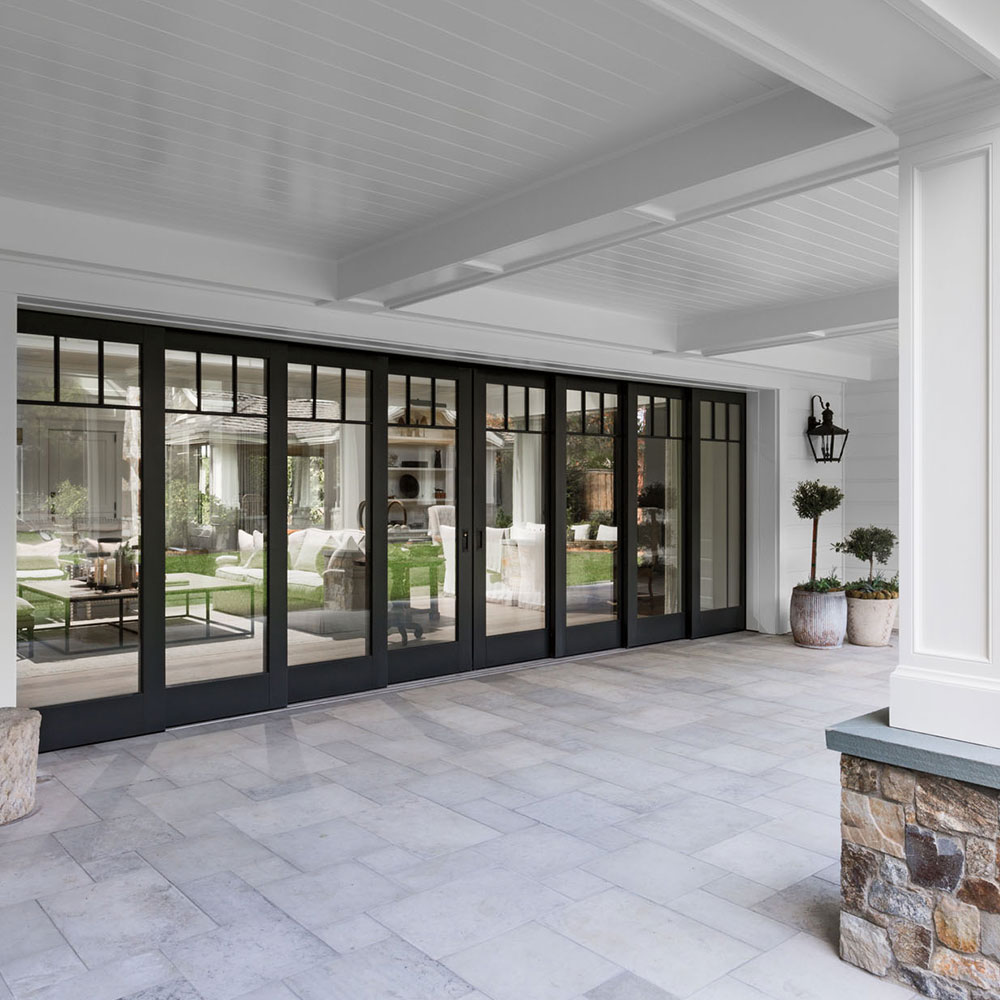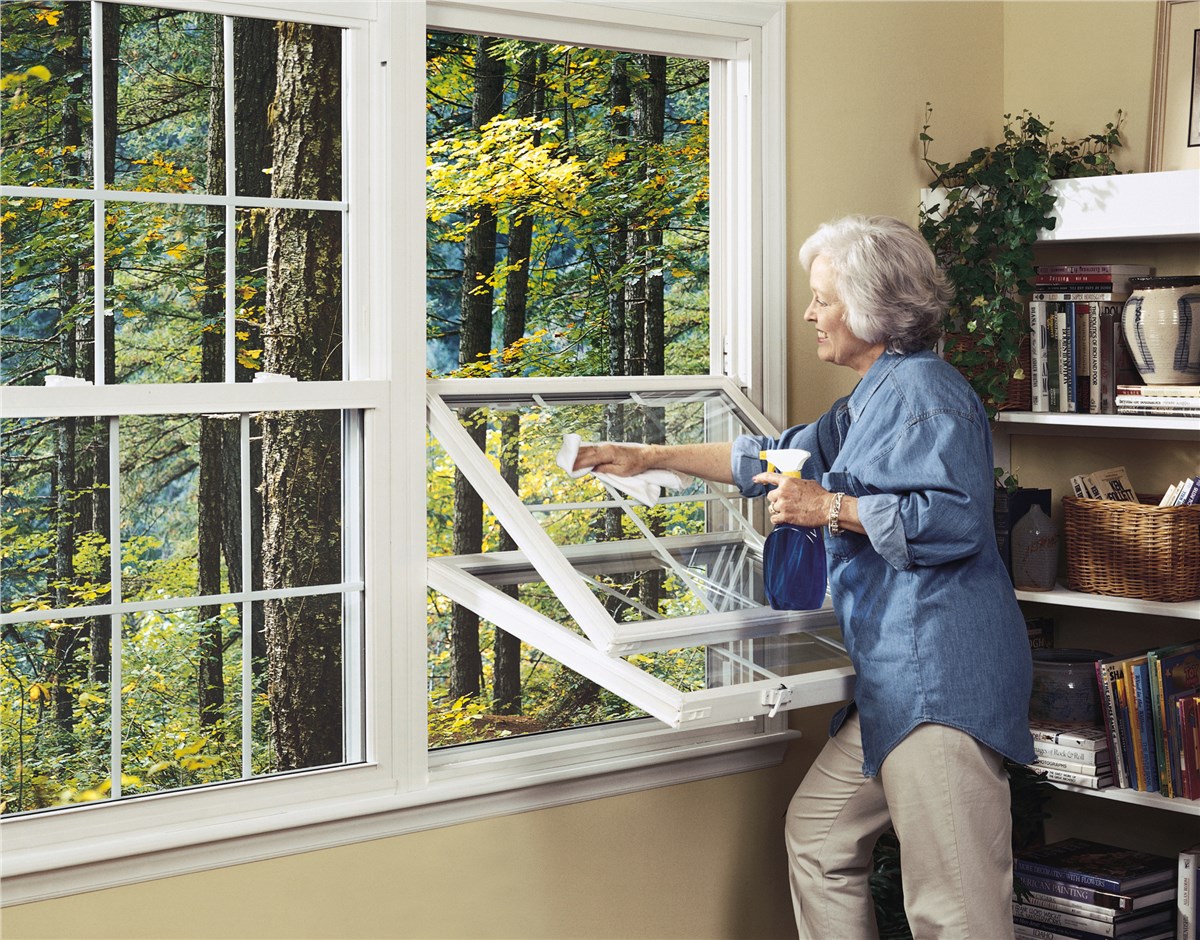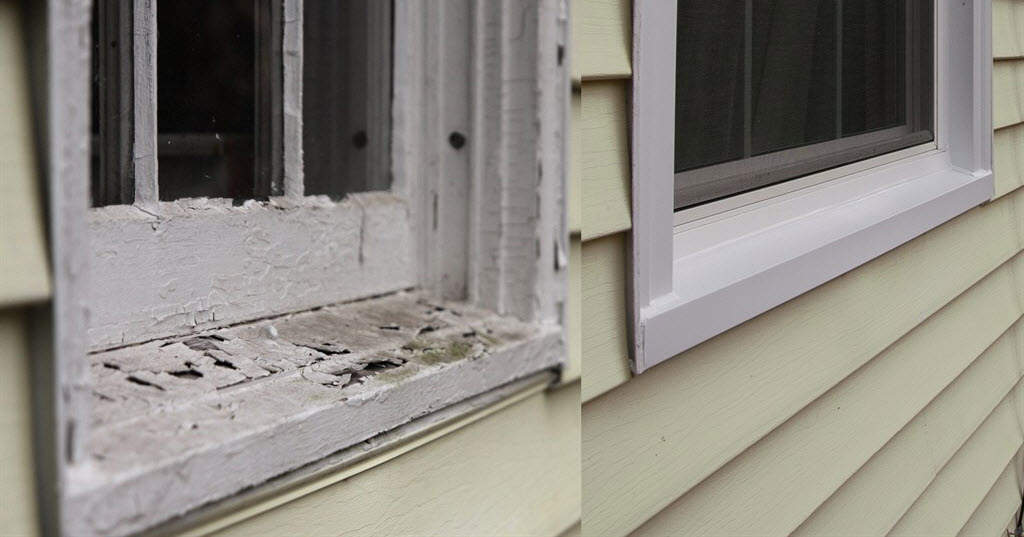Woodlands Window Replacement Solutions for Elegant Residences
Woodlands Window Replacement Solutions for Elegant Residences
Blog Article
Upgrade Your Home With Energy-Efficient Window Substitutes
In the world of home enhancement, the choice to update to energy-efficient home window substitutes can dramatically influence both the capability and aesthetics of a residence. Beyond the surface area degree of mere visual appeals, energy-efficient windows offer a wide range of benefits that go beyond simple visual charm.
Benefits of Energy-Efficient Windows

The installation of energy-efficient windows gives significant financial savings on energy expenses while enhancing environmental sustainability. Energy-efficient home windows are created to decrease warmth loss and gain, lowering the need for heating and cooling down systems to function overtime. By properly protecting the home, these home windows assist maintain a comfortable indoor temperature level year-round, resulting in reduced power consumption and reduced utility costs. In addition, energy-efficient windows can aid regulate dampness levels within the home, minimizing the risk of mold and mildew and mildew growth.
Beyond the economic advantages, energy-efficient windows add to ecological sustainability by lowering carbon discharges connected with power production. By reducing power use, these windows assist alleviate the environmental effect of air conditioning, heating, and illumination residential areas. This decrease in power intake plays a critical role in combating climate modification and promoting a greener future for generations to find. Generally, spending in energy-efficient home windows not just boosts the convenience and performance of a home yet also aligns with environmentally conscious practices.
Types of Energy-Efficient Glass
Various advanced sorts of energy-efficient glass deal one-of-a-kind residential or commercial properties that satisfy different demands and choices in improving the sustainability and efficiency of buildings. Low-emissivity (Low-E) glass is a preferred alternative created to minimize the quantity of ultraviolet and infrared light that can go through the glass, consequently decreasing heat transfer. This kind of glass assists preserve a consistent interior temperature, reducing the demand for heating or cooling systems, and inevitably reducing energy prices. One more innovative alternative is spectrally selective glass, which permits noticeable light to pass through while obstructing specific sorts of infrared radiation. This assists in maintaining a comfy indoor setting while reducing warmth gain. Triple-pane glass, including three layers of glass with protecting gas between them, supplies enhanced thermal insulation, making it very energy-efficient. Additionally, self-cleaning glass with an unique covering that damages down and loosens dust when exposed to sunshine can reduce upkeep needs and keep home windows looking clean. Each kind of energy-efficient glass offers unique benefits, enabling homeowners to select one of the most appropriate alternative based on their certain needs and goals.
Aspects to Take Into Consideration When Choosing
When considering energy-efficient home window substitutes, it is important to carefully assess particular elements that line up with your sustainability goals and preferred power financial savings. One crucial factor to consider is the window's energy performance ratings, such as the U-factor and Solar Heat Gain Coefficient (SHGC) The U-factor steps how well the window insulates, with lower numbers indicating better insulation, while the SHGC indicates the window's ability to obstruct warmth from sunshine. In addition, the home window framework material plays a considerable function in energy efficiency. Materials like fiberglass, plastic, or timber with thermal breaks are superb selections for minimizing warm transfer. One more important consideration is the window design and positioning concerning sunlight exposure. Picking the right home window style and strategically positioning them can take full advantage of natural light while minimizing warmth gain or loss. Last but not least, setup quality is key to making certain the home windows carry out as intended. Correct setup helps protect against air leak, guaranteeing optimal power effectiveness. By thoroughly reviewing these aspects, you can choose energy-efficient windows that enhance comfort, minimize energy prices, and benefit the environment.
Setup and Upkeep Tips

Routine maintenance is vital to protecting the effectiveness of your energy-efficient home windows. Inspect the weather-stripping and seals for any spaces or tears and replace them if required to preserve the home windows' power efficiency. Richmond window replacement.
Additionally, oil moving components such as locks and joints to guarantee smooth procedure. By following these installment and maintenance ideas, you can enhance the power performance of your home and extend the life-span of your energy-efficient windows.
Cost-Benefit Evaluation of Upgrading

Energy-efficient home windows are developed to reduce heat transfer, reducing the demand for home heating and cooling down systems to burn the midnight oil. This can lead to significant financial savings on power expenses, particularly in areas with severe temperature levels. Additionally, energy-efficient home windows can boost the general value of your home, making it more eye-catching to possible customers if you make a decision to offer in the future.
When calculating the cost-benefit evaluation, consider the prospective savings on power expenses, any readily available rewards or discounts, and the life expectancy of the windows. While the first price may be greater, the long-lasting savings and advantages of energy-efficient windows make them a clever investment for home owners seeking to boost their residential property's energy performance and value.

Verdict
In final thought, updating to energy-efficient home window substitutes supplies numerous benefits such as decreased energy usage, boosted convenience, and price financial savings. By selecting the suitable type of energy-efficient glass and thinking about aspects like structure product and installment, home owners can maximize the efficiency of their windows.
When contemplating energy-efficient window replacements, it is vital to very carefully examine certain aspects that line up with your sustainability goals and preferred energy savings. The U-factor steps how well the window shields, with reduced numbers suggesting much better insulation, while the SHGC indicates the window's capacity to obstruct warm from sunshine. By carefully evaluating these variables, you can choose energy-efficient windows that improve comfort, decrease energy prices, and profit the environment.
While energy-efficient home windows check my source might have a higher upfront price contrasted to conventional windows, the lasting benefits frequently outweigh the first investment.In conclusion, updating to energy-efficient window anchor replacements supplies various benefits such as lowered energy consumption, raised comfort, and price financial savings.
Report this page